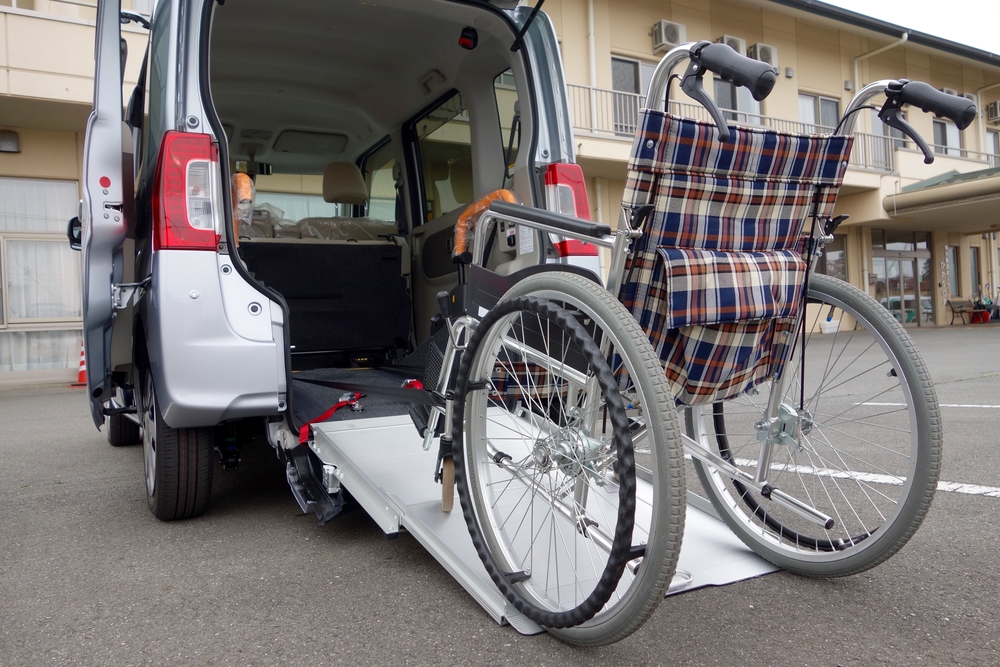
The Massachusetts Department of Transportation (MassDOT), the Massachusetts Bay Transportation Authority (MBTA), Uber, and Lyft are working together to increase the availability of wheelchair-accessible vehicles in the state.
The state will pay transportation network companies a fixed subsidy for every hour they make wheelchair-accessible vehicles available for use. The project — which began April 1 — will continue for a year, with each per-trip fee assessed under the 2016 Act Regulation Transportation Network Companies for reimbursement. To begin, the project will only cover the service area of The RIDE — MBTA’s share-ride paratransit service. In the future, state officials hope to explore pilot options beyond that area.
“This pilot is an innovative way to expand the availability of accessible vehicles through the use of existing technology,” MassDOT Secretary and CEO Stephanie Pollack said. “As we continue to hone our focus on the people we serve, we hope to strengthen our understanding of how we can better meet the needs of our customers.”
Both Uber and Lyft have indicated excitement for the new program. This is, in part, because it builds on an already successful paratransit pilot established with them in October 2016, under which they offered on-demand rideshare services to RIDE customers.
“Lyft is excited to work with MassDOT and the MBTA to improve transportation accessibility in Massachusetts,” Tyler George, general manager of Lyft New England, said. “Our existing paratransit partnership has already helped so many residents enjoy the convenience and freedom of on-demand ride sharing. With this new program, MassDOT and Lyft continue working together to ensure riders have affordable and reliable ways to get around.”
Transportation network companies will be reimbursed on a weekly basis by the MBTA. Current estimates on cost approximate $2.4 million for the pilot year, yielding what state officials hope will be quadruple the supply hours for wheelchair accessible vehicles. In this way, they hope to do better in the face of public feedback showing that such vehicles are not widely owned by rideshare drivers due to prohibitively high costs.